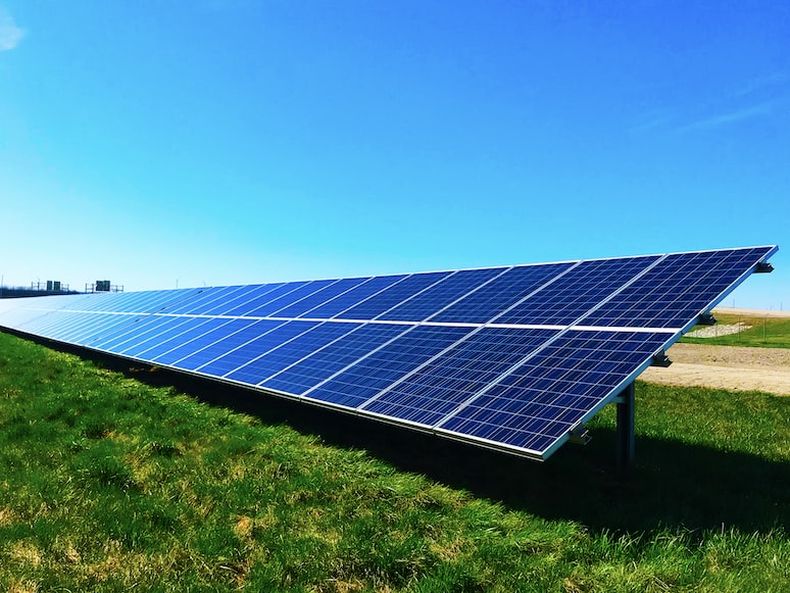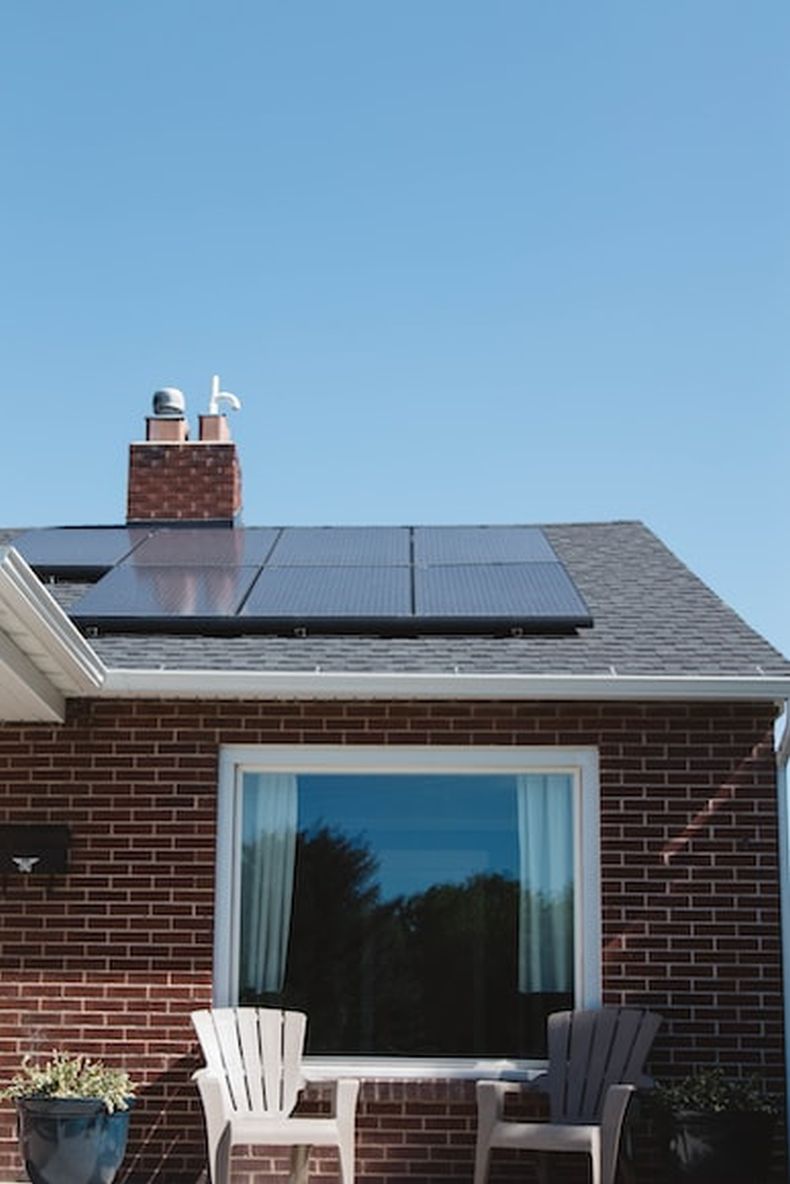Say Goodbye to Electric Companies: How Solar Panels Can Set You Free
Are you tired of spending hundreds of dollars each month on your electric bill? Would you like to take control of high energy bills and save money on utilities? Now is the time to make it happen – say goodbye to your traditional electric company forever! The promise of solar energy systems that can power their home with clean, renewable energy has never been so close. With just a few simple steps, you could be well on your way to drastically reducing or even eliminating your electricity bill while enjoying a more sustainable lifestyle. Read on as we discuss how choosing solar panels for homeowners can free them from relying on large utility companies and put them in charge of their own electrical needs.

Introduce the concept of solar panels
Solar panels are designed to harness the power of the sun and convert it into clean energy, without emitting any harmful pollutants into the environment. Essentially, solar panels work by generating electricity through the use of photovoltaic cells, which are made up of multiple layers of semiconducting materials. When sunlight hits these cells, it causes electrons to be freed from their atoms, creating a flow of electricity that can then be used to power homes, businesses, and even entire cities. Solar panels are a great way to lessen our carbon footprint and build a better, more sustainable future for future generations. They achieve this by generating renewable and clean energy.
Explain the economic advantages of using solar energy
Using solar energy can result in significant savings on energy bills for both businesses and households. Not only that but relying on solar energy rather than conventional electric companies can also increase overall energy efficiency and reduce environmental impact. Additionally, solar energy systems require relatively low maintenance and have a long lifespan, resulting in cost savings in the long run. With solar energy continuing to become more affordable and accessible, it’s no wonder that more and more people are switching to renewable energy sources. Individuals and businesses can decrease their carbon footprint and save money significantly by switching to solar.
Discuss potential financial incentives
As demand for renewable energy alternatives continues to grow, so too do possible incentives to encourage homeowners and businesses to invest in solar panels. In many cases, governmental policies offer tax credits or rebates to people who make the switch to solar energy. Additionally, in some areas, certain utility companies buy back excess solar energy produced by solar panels, which can significantly reduce energy bills. An important consideration before making the switch is calculating how many solar panels you’ll need, as it can help determine the size of the installation and estimate potential savings. With the right financial incentives, making the move toward solar energy can be a smart investment for individuals and the environment alike.
Describe the different types of solar panels available
There are four main types of solar panels on the market: monocrystalline, polycrystalline, thin-film, and bifacial. Monocrystalline panels are typically the most efficient and have the highest power output, while polycrystalline panels are slightly less efficient but more cost-effective. Thin-film panels are the lightest and most flexible, making them ideal for installations with limited space. Finally, bifacial panels generate electricity from both sides, making them highly effective in areas with a lot of reflected light. Understanding the different options available can help you make an informed decision.
Assess the environmental benefits
Installing solar panels is an excellent way to use solar power and decrease the environmental impact on your home or business. By capturing energy directly from the sun’s rays, solar panels produce clean, renewable energy without emitting any harmful gases or chemicals into the atmosphere. This means that, unlike traditional energy sources, solar power does not contribute to air pollution or climate change. Investing in solar panels can also save you money in the long run by reducing your reliance on non-renewable energy sources and lowering your electricity bills. So not only is installing solar panels good for the environment, but it can also be a smart financial decision.

The basic steps involved in setting up a solar panel system
The process of setting up a solar panel system might seem difficult, but it can be broken down into a few simple steps. First, you’ll need to determine how much energy you need to generate and how much space you have available for panels. Next, you’ll want to select the right type of panels and inverters for your specific needs. Once you’ve made your selections, you can begin installation and wiring. Finally, you’ll need to test the system and connect it to your grid or install a battery storage system for off-grid use. With a little bit of planning and some hard work, you can enjoy the benefits of solar power for years to come.
Solar panels offer an array of benefits for homeowners and businesses alike. By taking advantage of these environmental advantages as well as potential cost savings, investing in solar power is a smart decision that will benefit both individuals and the planet!
